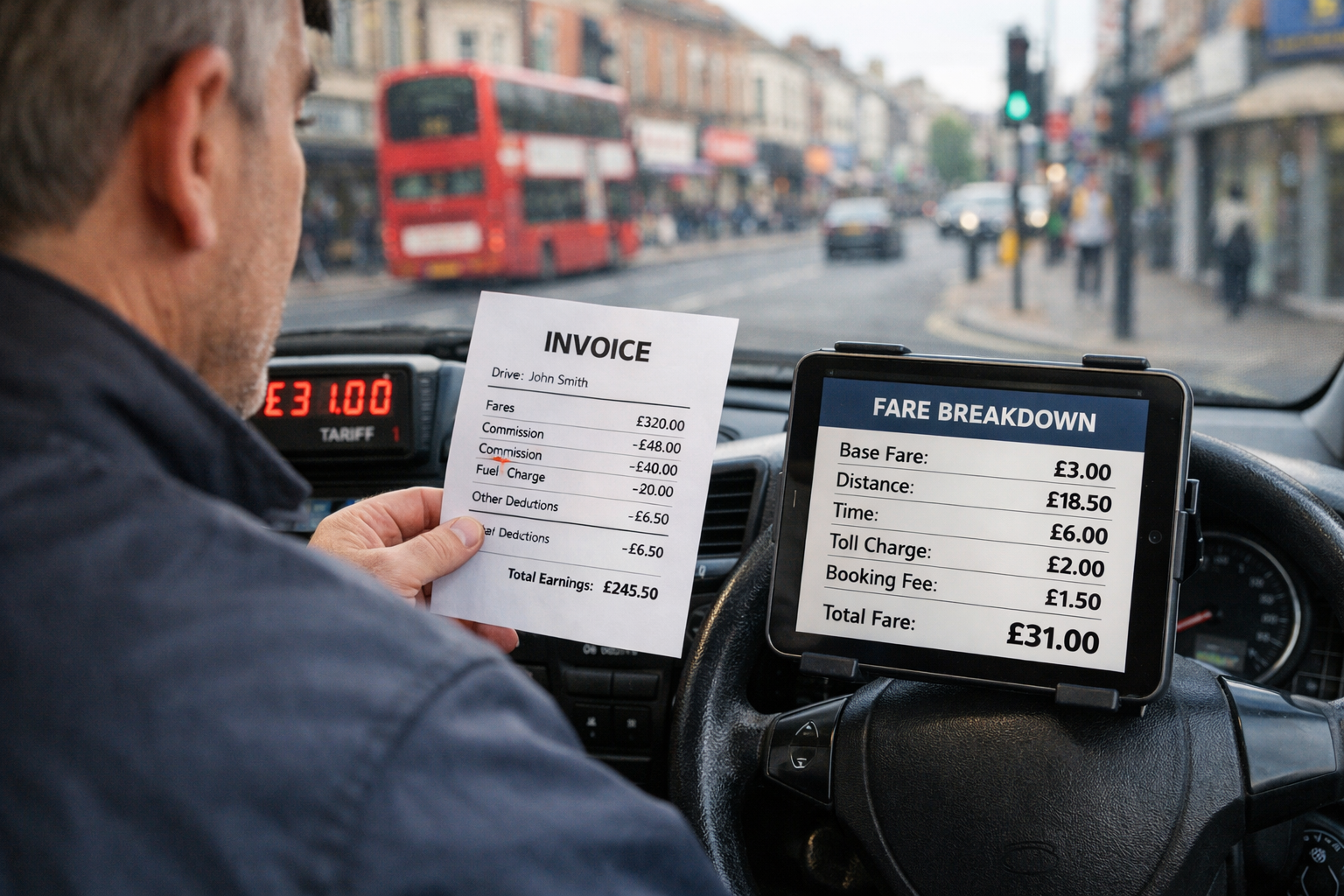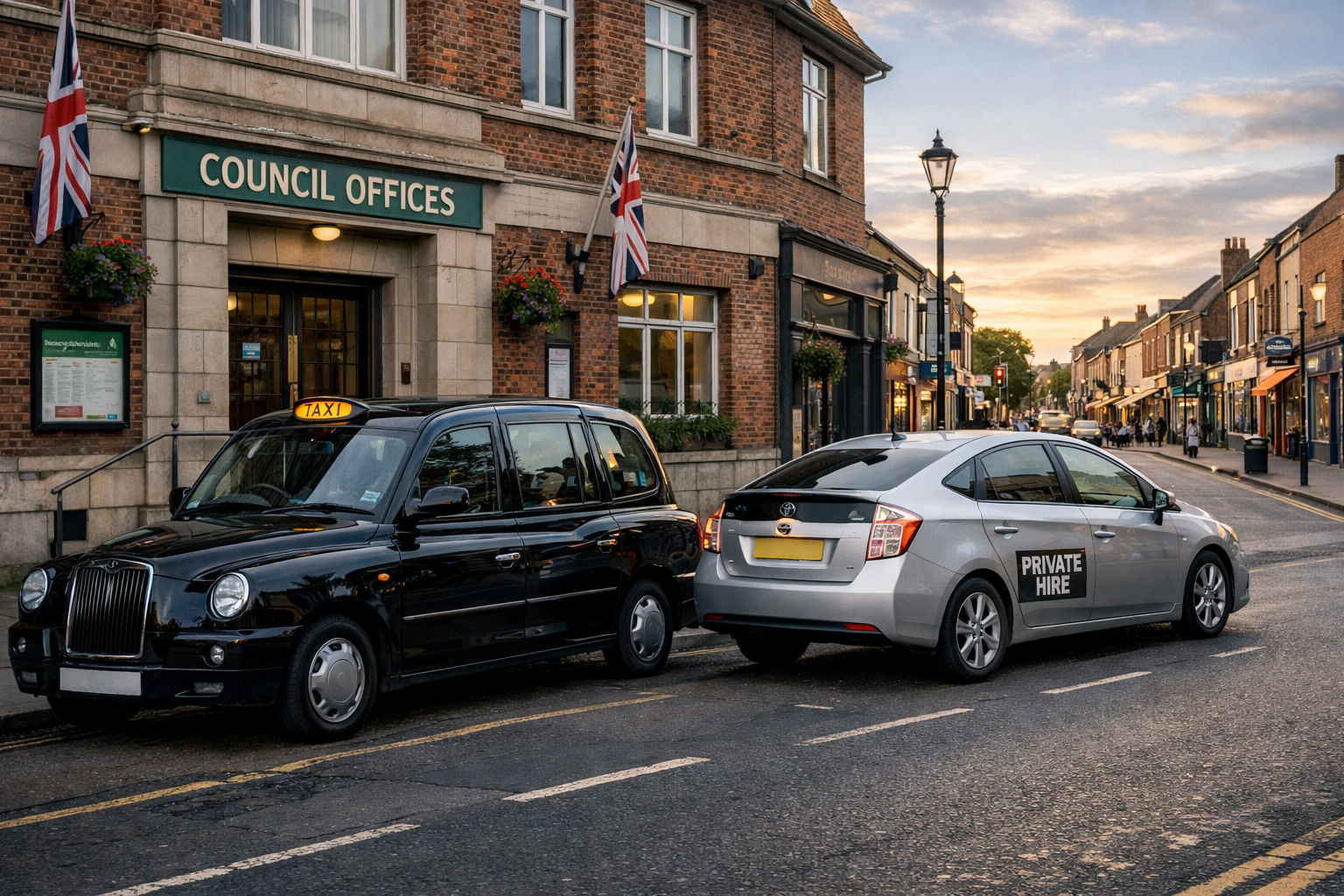Uber's Expansion to Include London Black Cabs Sparks Industry Doubts in London Assembly Discussion
Uber's recent announcement to integrate Black Cabs into its ride-hailing app has caused quite a stir within the London taxi and private hire vehicle (PHV) industry, sparking a mix of skepticism, indifference, and curiosity among industry insiders and customers alike.
The move has raised questions about the implications for traditional taxi services, the impact on existing drivers, and the overall future landscape of transportation in the city. The decision marks a significant shift in the competitive dynamics of the industry and has left many wondering how this new partnership will shape the way people get around in London moving forward.

During a recent meeting held by the London Assembly Transport Committee, the focus was set on addressing the ongoing challenges encountered by black taxis and PHVs. Uber's strategies came under close scrutiny during the session.
Steve Wright MBE, Chair of the Licensed Private Hire Car Association, shed light on a prevailing apprehension within the industry regarding Uber's expansion into the Black Cab sector. Pointing to Uber's turbulent history with the taxi industry, Wright stressed the prevailing doubt among numerous self-employed drivers in both sectors.
Wright MBE commented, “Uber, as a PHV service, has long expressed intentions to introduce driverless cars and potentially replace traditional taxis, a move that has not sat well with many. This initial skepticism poses a hurdle for self-employed drivers. Nonetheless, Uber's business model is distinct, and they are looking to tap into the black cab market following the example of other ride-hailing apps.”
In alignment with this view, Steve McNamara, General Secretary of the Licensed Taxi Drivers' Association (LTDA), cast doubt on Uber's ability to draw in a substantial number of Black Cab drivers. McNamara drew a comparison between Uber's approach and that of other app-based platforms like Gett, which have cultivated more collaborative partnerships with the taxi industry.
McNamara stated, “To launch an app in London, you need a base of 3,000 drivers as a minimum. I'll be surprised if Uber manages to recruit even 30 drivers, let alone 3,000. Our relationship with the private hire industry has evolved significantly over the years, with drivers working happily with other platforms. Uber, however, has a long history of unilateral actions and lacks transparency in its market entry.”
Helen Chapman, Director of Licensing, Regulation, and Charging at Transport for London (TfL), emphasized that the decision to join Uber's platform rests with individual taxi drivers, indicating that TfL views this as a matter between Uber and the drivers.
Chapman stated, “This is a matter for Uber and individual taxi drivers to decide, and it's not within TfL's jurisdiction as the regulator.”
Mariusz Zabrocki, General Manager at FREENOW, dismissed Uber's announcement as a mere PR campaign, questioning its potential impact on the Black Cab market. Zabrocki's remarks echoed a broader industry sentiment skeptical of Uber's entry into this space.
Zabrocki commented, “This seems like another PR campaign from Uber. We've seen other companies attempt to enter the Black Cab market without any significant impact. Drivers have expressed negative feedback about Uber, and I doubt they'll choose to work with them.”
Since the London Assembly meeting, Uber has reported progress in recruiting London taxi drivers and preparing for its planned Black Cab launch this year.
An Uber spokesperson stated, “Our recruitment and preparations for launch are on track. We have received positive feedback from drivers during roundtable discussions and in-person events.”
- What are the specific concerns raised by industry figures regarding Uber's inclusion of Black Cabs in its app?
- How does Uber's history with the taxi trade influence the skepticism expressed by drivers toward its expansion into the Black Cab sector?
- What contrasting approaches have other app-based platforms taken compared to Uber when entering the taxi market, and how does this impact driver perceptions?
- Why do some industry representatives doubt Uber's ability to attract a substantial number of Black Cab drivers to its platform?
- How does the regulatory body, Transport for London (TfL), view the decision for individual taxi drivers to join Uber's platform?
- What role does transparency play in the industry's perception of Uber's market entry strategy compared to other app-based platforms?
- How do drivers' past experiences with Uber influence their willingness to work with the company in the Black Cab sector?
- What specific concerns do drivers express regarding Uber's potential impact on the Black Cab market and their livelihoods?
- What steps has Uber taken to address driver concerns and recruit London taxi drivers for its Black Cab launch?
- What are the potential implications for the Black Cab industry if Uber successfully integrates Black Cabs into its ride-hailing app, and how are drivers preparing for this possibility?
As the discussion continues, the industry awaits to see whether Uber's expansion into the Black Cab market will gain traction or face ongoing resistance from a wary industry.
You might also like





